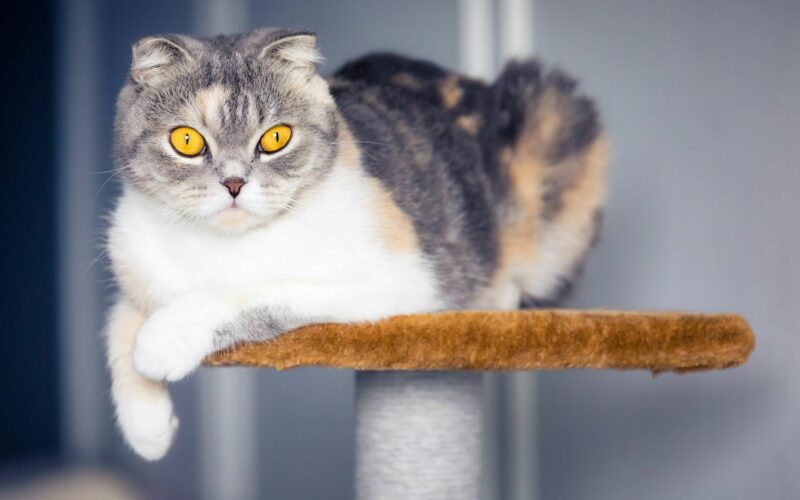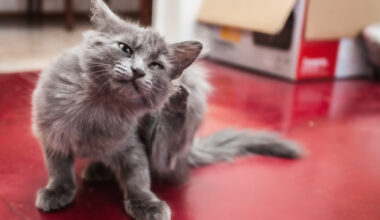Have you ever seen your cat or kitten heavily breathing when they weren’t moving?
It can be scary if you don’t know why your pet is acting that way. Panting can signify a medical problem, stress, pain, or excitement. To ensure your cat is happy and healthy, you must understand why cats pant. It is also helpful to know the difference between normal and abnormal breathing.
Here are seven of the most common reasons cats and kittens do it. You’ll know what to look for so you can help your cat or kitten feel better, whether it’s because of play or exercise, overheating, stress, pain, or an underlying medical condition. Ensure your cat or kitten is healthy, and keep an eye out for panting because cats and kittens do it.
Reason 1: Your Cat May Be Overheating!
When cats have been moving around for a long time and are getting too hot, they may pant to cool down. This is why providing your feline friend with ample opportunities to play and learn new things daily is critical. This will keep their body and mind healthy.
Panting can signify heatstroke, dehydration, or exhaustion when it’s hot or humid outside. Cats who are overheated may be restless, tired, have a fast heart rate, make noises, drool, have gray gums, feel sick, lose their appetite, stumble when trying to walk, and more. When cats want to get rid of heat, they may pant, lick their fur, drink water, hang out in the shade, or stretch out on something extraordinary. If your cat shows any worrying signs, you should take it to the vet immediately.
You should keep a close eye on your cat and ensure it doesn’t get too hot. If your cat has been playing for a long time, let it rest and return to normal. Watch them and make sure they don’t get too hot. Bring them somewhere cool and comfortable to sleep. Heatstroke is a severe illness that can even kill if not treated quickly. Look for signs that your cat is getting too hot, and immediately act if you see any. If you think your cat is getting too hot, immediately take them to the vet.
Reason 2: Your Cat May Be Stressed or Anxious
Fear, stress, and anxiety are all things that cats can feel, just like people. When they do, they usually show it through their body language. When a cat is worried or stressed, it may pant with its mouth open. If you think your cat is stressed, it’s best to try to make its environment calm and comfortable.
Give your cat much space and keep them away from people or animals they don’t want to meet, like guests or a new pet. Also, ensure your cat has many toys and places to scratch. This can help them eliminate some of the stress and anxiety they’ve been feeling. Keeping your home quiet can also help reduce your cat’s stress since loud noises can make cats nervous. If you have visitors, try to keep your cat away from them or provide a place for them to hide or flee if they become too much for them.
Last but not least, giving your cat a routine is essential. Having a method to do this will help cats feel less stressed and anxious because they will get used to their surroundings and the things that happen each day. This can include when they eat, play, and even when brushing their teeth. By taking the time to help your cat feel less stressed and anxious, you can help keep them healthy and happy.
Reason 3: Your Cat May Be Sick or in Pain
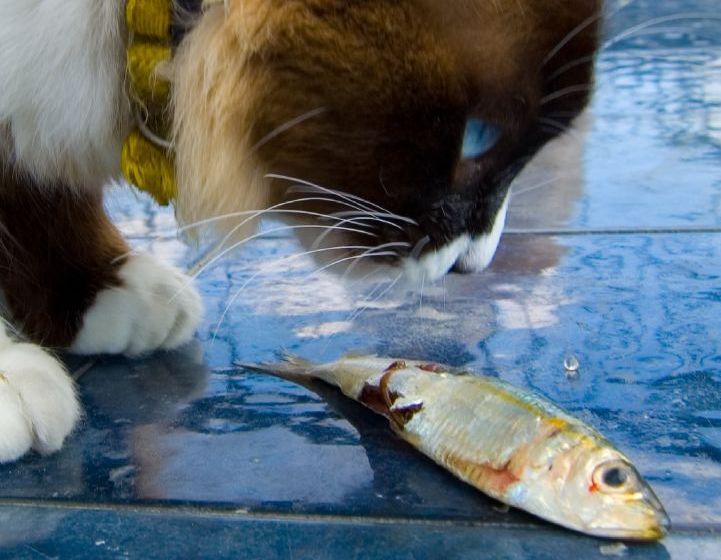
Pain and sickness are hard for cats to show, and it can be challenging for us to know when our feline friends are hurting or sick. When a cat is in pain or ill, it may pant with its mouth open, make noises, change its mood, stop eating, hide, or repeatedly lick an area of its body.
Make an appointment with your vet if you think your cat may be in pain. When your cat is in pain, it may breathe quickly and shallowly through an open mouth. This is called panting. It could mean that many stressful things are going on at home or that their current situation makes them feel bad. Cats may pant at the vet’s office, when strangers come to your house, or when you bring home a new furry family member. Cats can also get sick or have other health problems.
In addition to panting, your cat may also cough, wheeze, and sneeze as signs that it is sick. If you notice any of the above symptoms in your cat, it could be in pain or ill, and you should act quickly to ensure that your cat is relaxed and comfortable. Think about what worries your cat, and try to give it space and freedom from unwanted interactions. Offer them toys and the chance to scratch on their favorite cat tree. Keep your home quiet and away from visitors for a while. Get them back into a routine that works for them.
Reason 4: Your Cat May Have Heartworm Disease
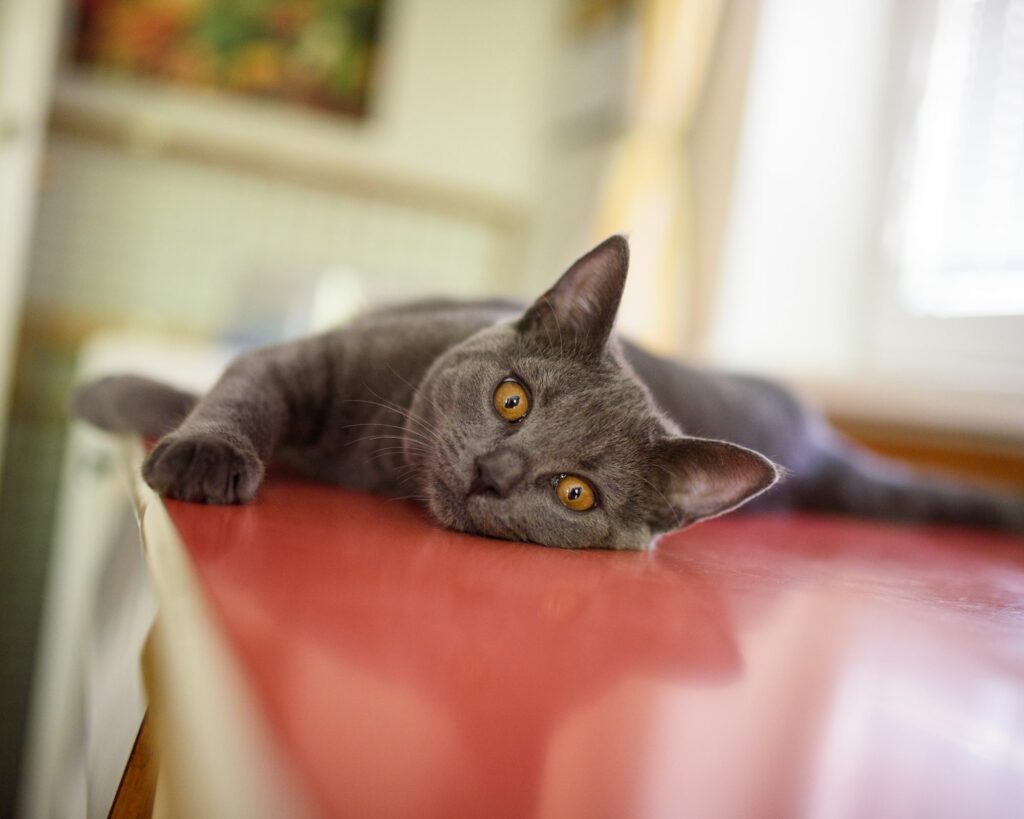
Heartworm disease is a dangerous illness that can happen to both cats and kittens. Heartworm Associated Respiratory Disease (HARD) is a severe illness caused by tiny parasites that can get into a cat’s heart and lungs. This can cause your cat to cough, wheeze, and pant, among other symptoms.
If your cat has heartworm disease, it may become tired and hide. It may also lose interest in food and water and wheeze, cough, or show other signs of breathing problems. Even if a cat has heartworms, not all will show signs of them. In fact, cats can have the parasite for years without showing any signs of illness. So, it’s essential to keep a close eye on your cat and take it to the vet for regular checkups and tests to ensure it’s healthy and doesn’t have the parasite. Heartworm disease in cats makes it hard for them to breathe. This problem can range from gasping for air to breathing quickly and hard. This trouble breathing may be accompanied by other signs, like coughing and wheezing.
Cats may also have less energy overall, lose their appetite, or start to avoid people and animals they used to enjoy being around. If your cat has any of the above signs or symptoms, you should take them to the vet as soon as possible. Heartworm disease can be treated if caught early, so the sooner your cat is diagnosed, the better.
Reason 5: Your Cat May Have Asthma or a Respiratory Infection
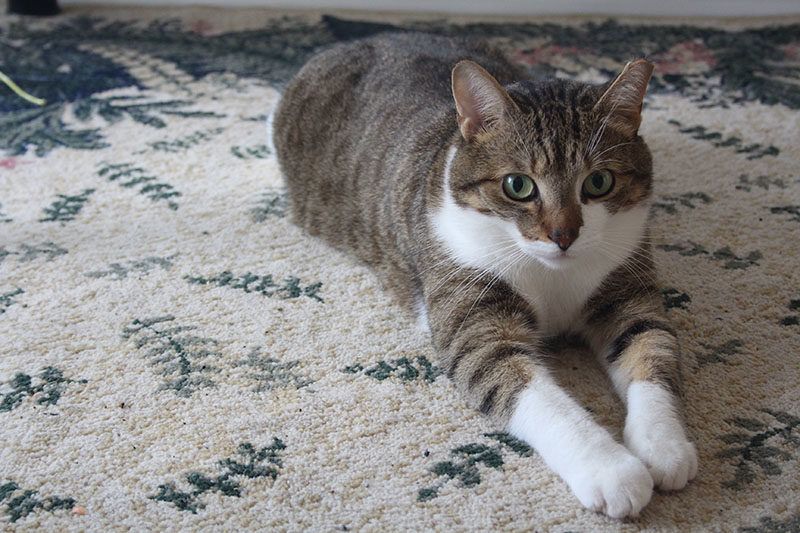
Cats and kittens can have severe problems with asthma and infections of the lungs. Asthma is a long-term inflammation of the lungs. It is common in cats, just like in people, and many of the same things set it off. Allergens and stress can cause asthma attacks, which can cause coughing, wheezing, panting, and a faster breathing rate. Upper respiratory infections, called “cat flu,” can happen to cats and kittens.
These infections can make them cough, wheeze, sneeze, and pant. Depending on how nasty the infection or inflammation is, antibiotics, anti-inflammatory drugs, or bronchodilators may be used to treat it. Getting your cat checked out as soon as possible is essential to ensuring they get the best care and treatment. It’s also important to pay attention to your cat’s environment and take steps to eliminate things that could cause asthma attacks. Most of the time, allergens and stress cause asthma attacks in cats.
If your cat has asthma, limiting its exposure to these triggers can help it have fewer asthma attacks. You can make your home less stressful by giving your cat lots of things to do, like toys, scratching posts, and safe places to hide. If allergens are a problem in your home, take steps to get rid of them, so your cat’s allergies don’t get out of hand. Your cat can live a happy and healthy life if you take care of its health and make some changes to your own.
Reason 6: Your Cat May Have Congestive Heart Failure
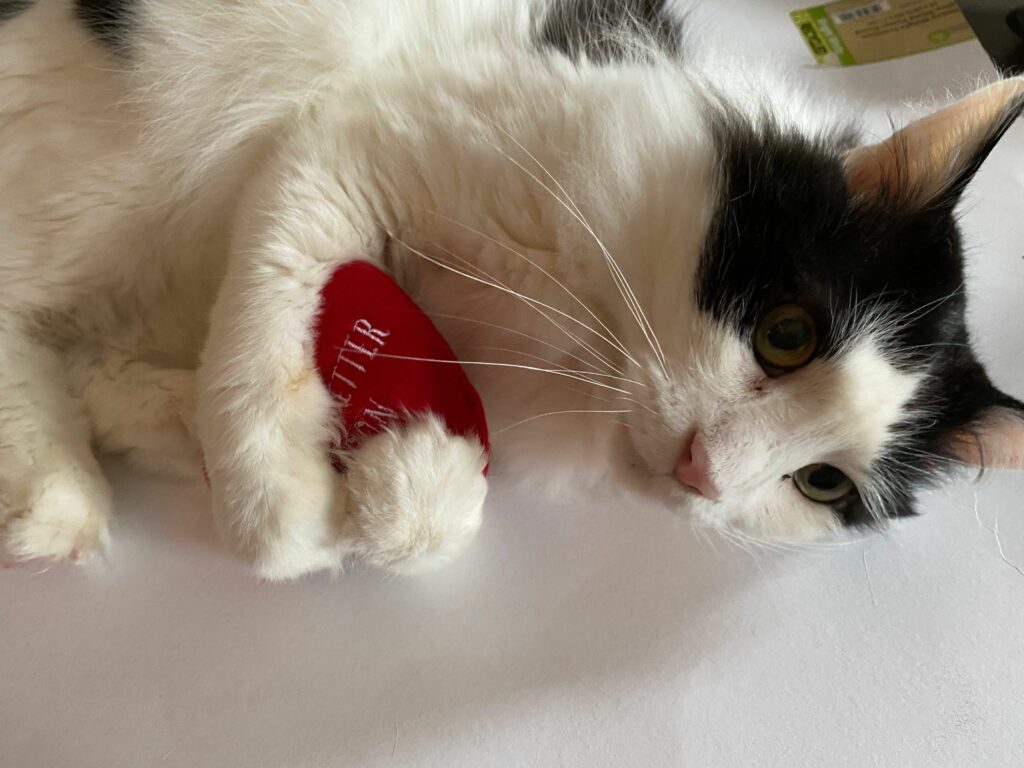
Cats and kittens can have severe problems with congestive heart failure. It is a condition in which the heart can’t pump enough blood to meet the body’s needs. This causes fluid to build up around the lungs. This fluid can make the lungs smaller and reduce how much oxygen gets to the rest of the body.
If your cat has congestive heart failure, look for signs like panting, fast breathing, and gums that are blue or look pale. Congestive heart failure can be caused by high blood pressure, heartworm disease, heart muscle disease, or long-term infection. Cats with congestive heart failure are often given medicines to reduce the amount of fluid around their lungs. They are also given drugs to reduce stress on the heart, improve their ability to pump blood, and change their diet. Your vet may also suggest changing your cat’s lifestyle, such as reducing stress, keeping him from doing too much exercise, and keeping your house cooler.
Along with the above treatments, it’s essential to keep an eye on your cat’s health and make sure they get regular checkups. If your cat has congestive heart failure, you should take it to the vet as soon as possible. Even though it can be a severe problem, there are ways to help your cat live an everyday, comfortable life. Taking good care of your cat can help it live a long and happy life.
Reason 7: Your Cat May Be Anemic
Anemia can happen to cats and kittens of any age. It occurs when there aren’t enough red blood cells carrying oxygen to the rest of the body. Cats can pant, breathe heavily, and get tired quickly when they don’t get enough oxygen. Cats usually inhale and exhale a lot when they have anemia. If your cat is panting more than usual or hasn’t been running or playing, it could be a sign of anemia.
Other signs to look out for are fast or heavy breathing, tiredness, and gums that look pale or gray. Cats can get anemia for many different reasons. Most of the time, this happens when someone gets hurt or sick and loses blood or when the body stops making enough red blood cells. Some cats are born with anemia, and others can get it because of other health problems. If your cat has anemia, how you treat it will depend on what’s causing it.
There are many different ways to treat anemia, such as by giving blood transfusions or changing the way you eat. If you have anemia, you should see a doctor as soon as possible because it can quickly worsen. If you think your cat might have anemia, you should take them to the vet as quickly as possible. Early diagnosis and treatment can help keep your cat healthy and happy and stop problems from worsening.
Final Thoughts
When it comes to cats and kittens, they must know that they pant. You can help your cats stay healthy and happy if you know why they pant and can tell what the signs are. Even though panting is usually nothing to worry about, it could signify something more serious.
Keep an eye out for other signs, like being tired, restless, making noises, drooling, feeling sick, or not wanting to eat or drink. If your cat or kitten shows any of these signs, you should take them to the vet immediately. Cats and kittens huff and puff for many different reasons, like playing, working out, or being in pain or stressed. As cat owners, we must watch our feline friends and know when to take them to the vet for a checkup.
You can keep your cats healthy and safe if you know why they pant and can tell what the signs are. So, if you see your cat or kitten panting, take a moment to figure out why, and if you need to, call your vet.
Further Reading
